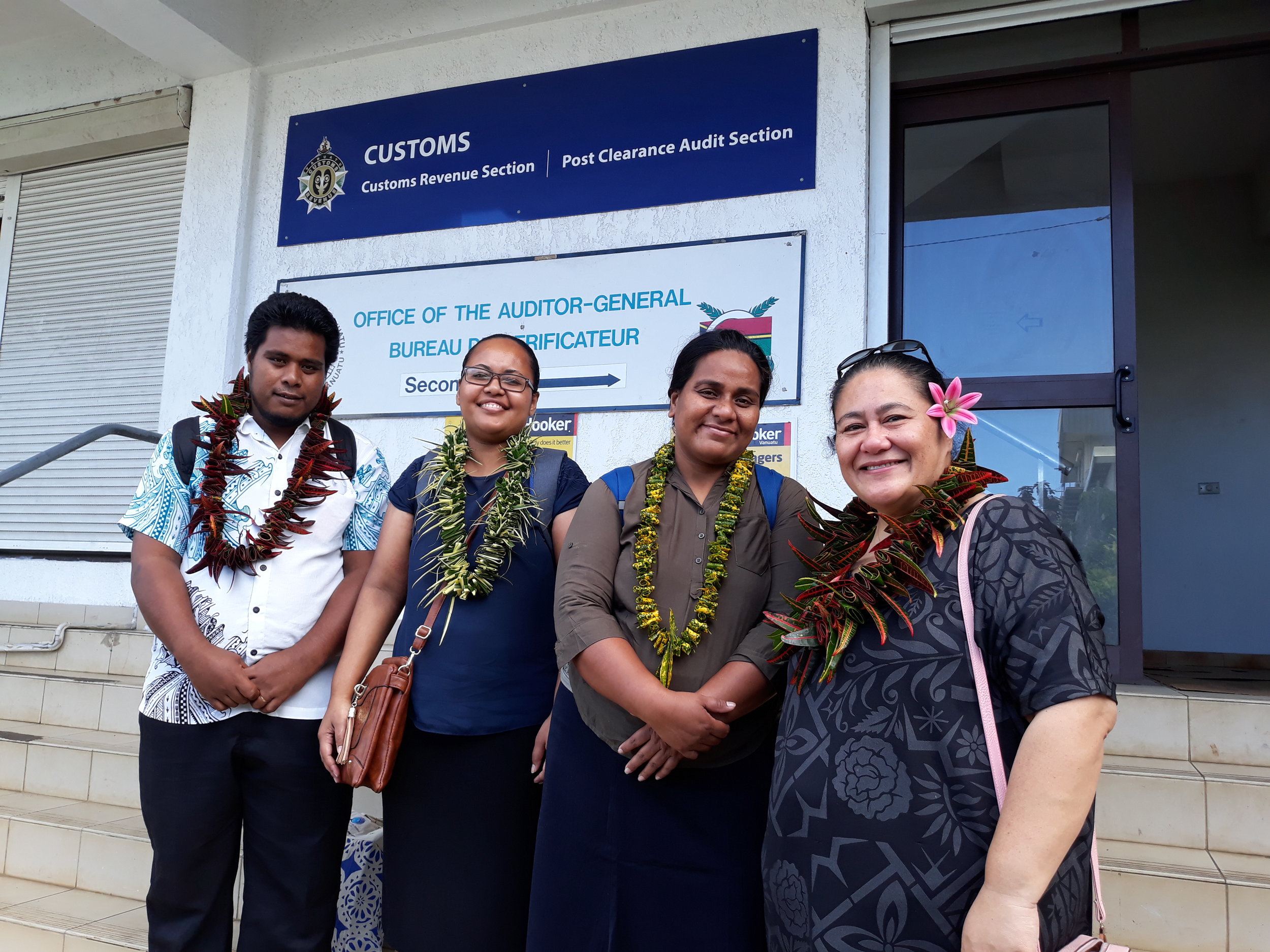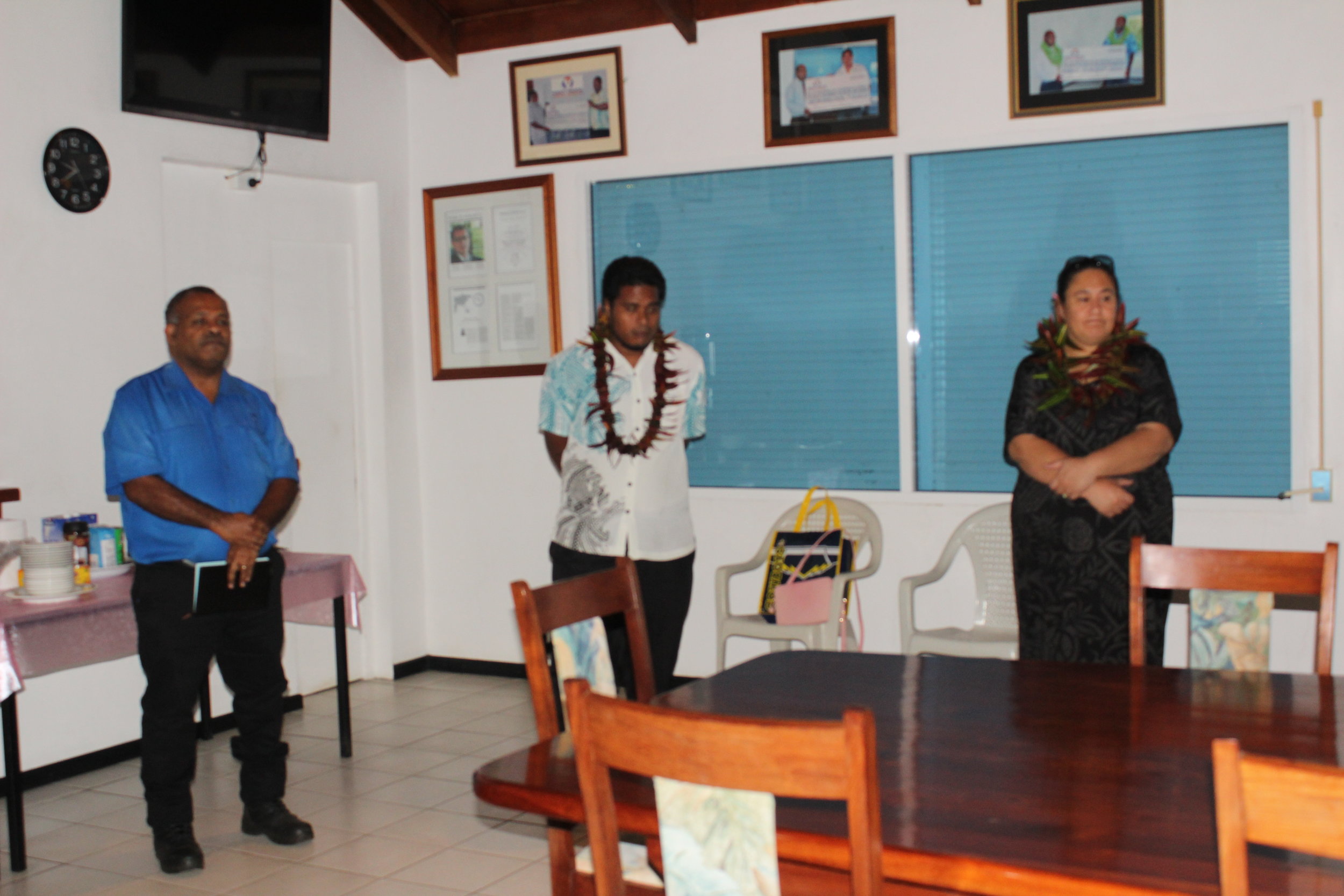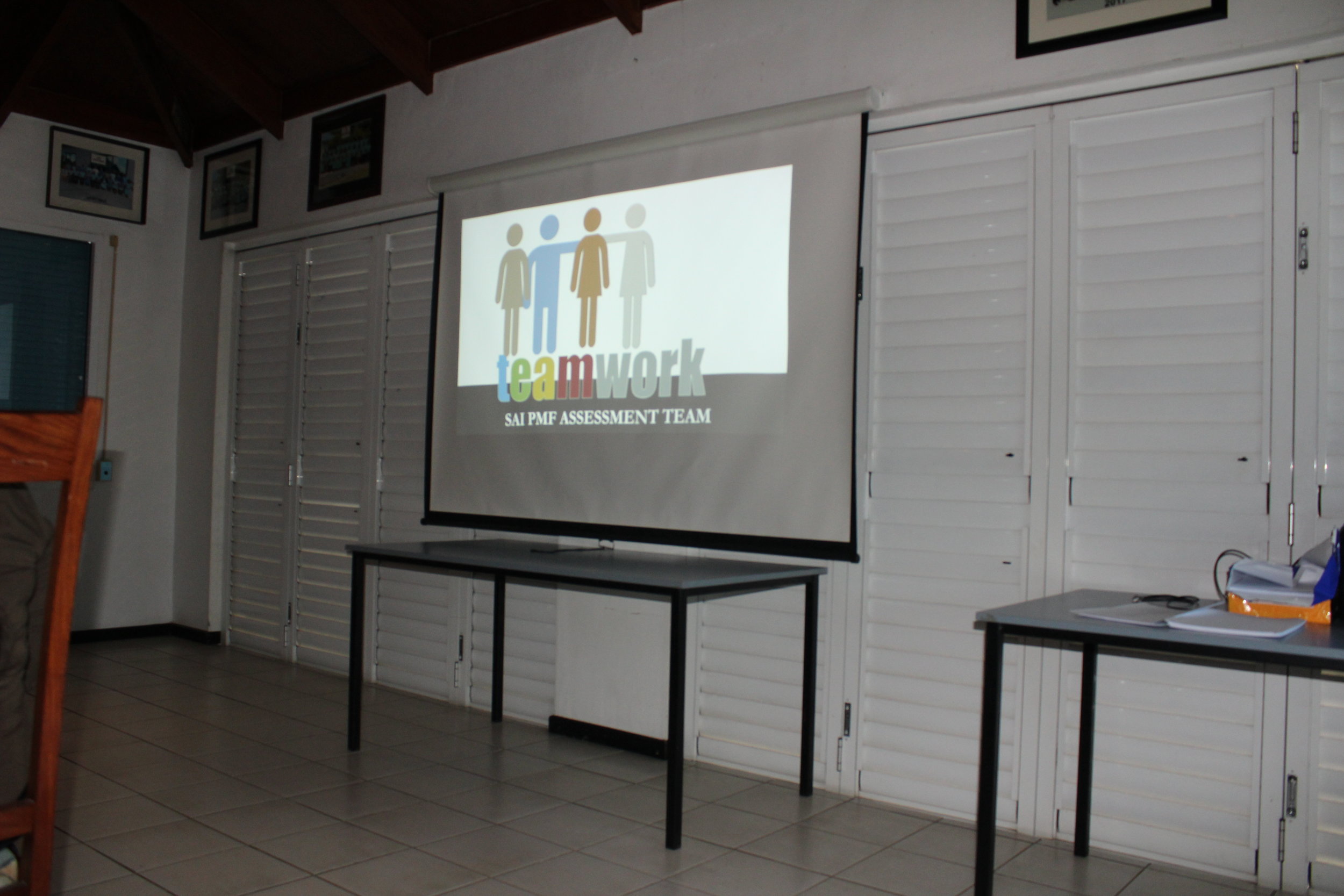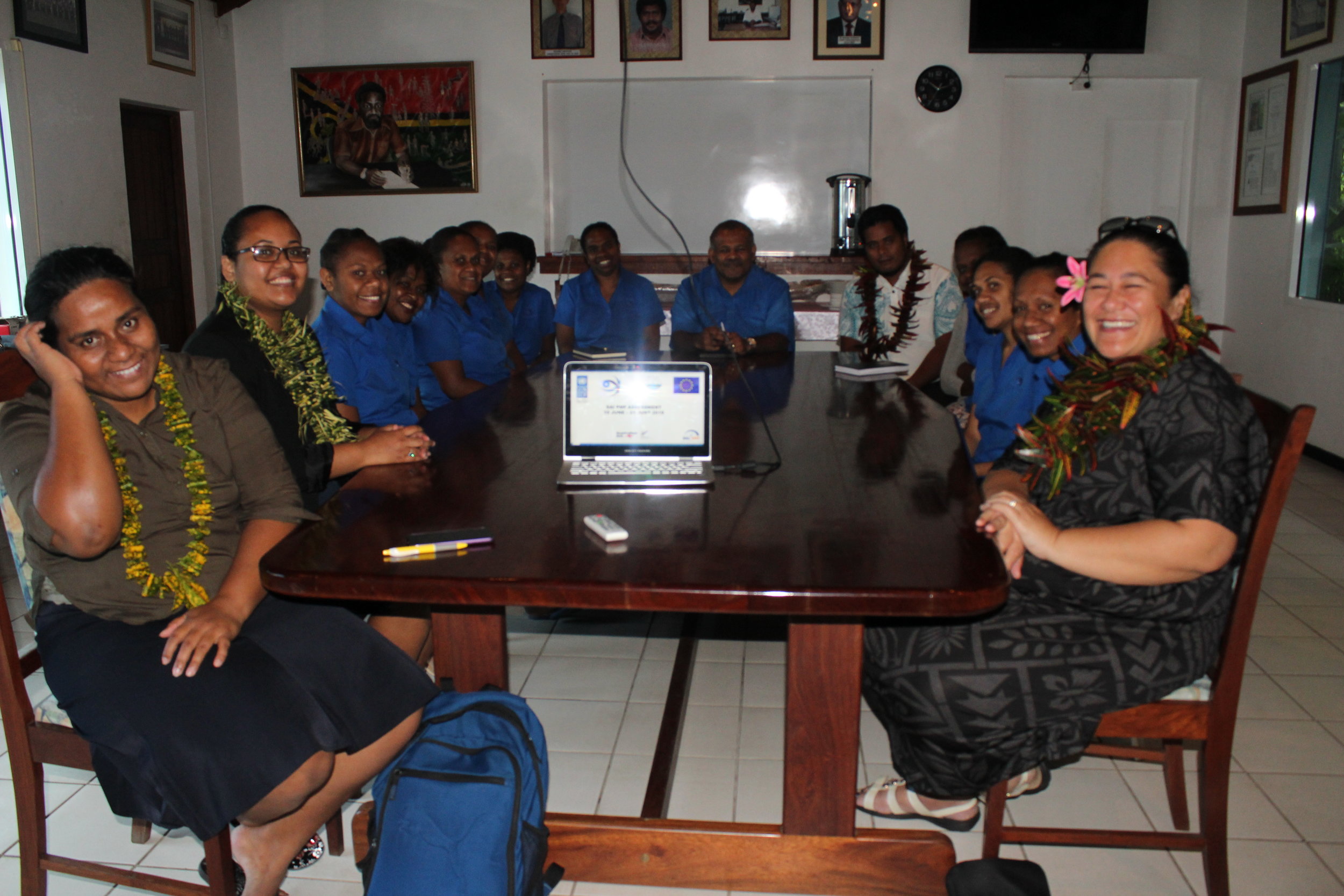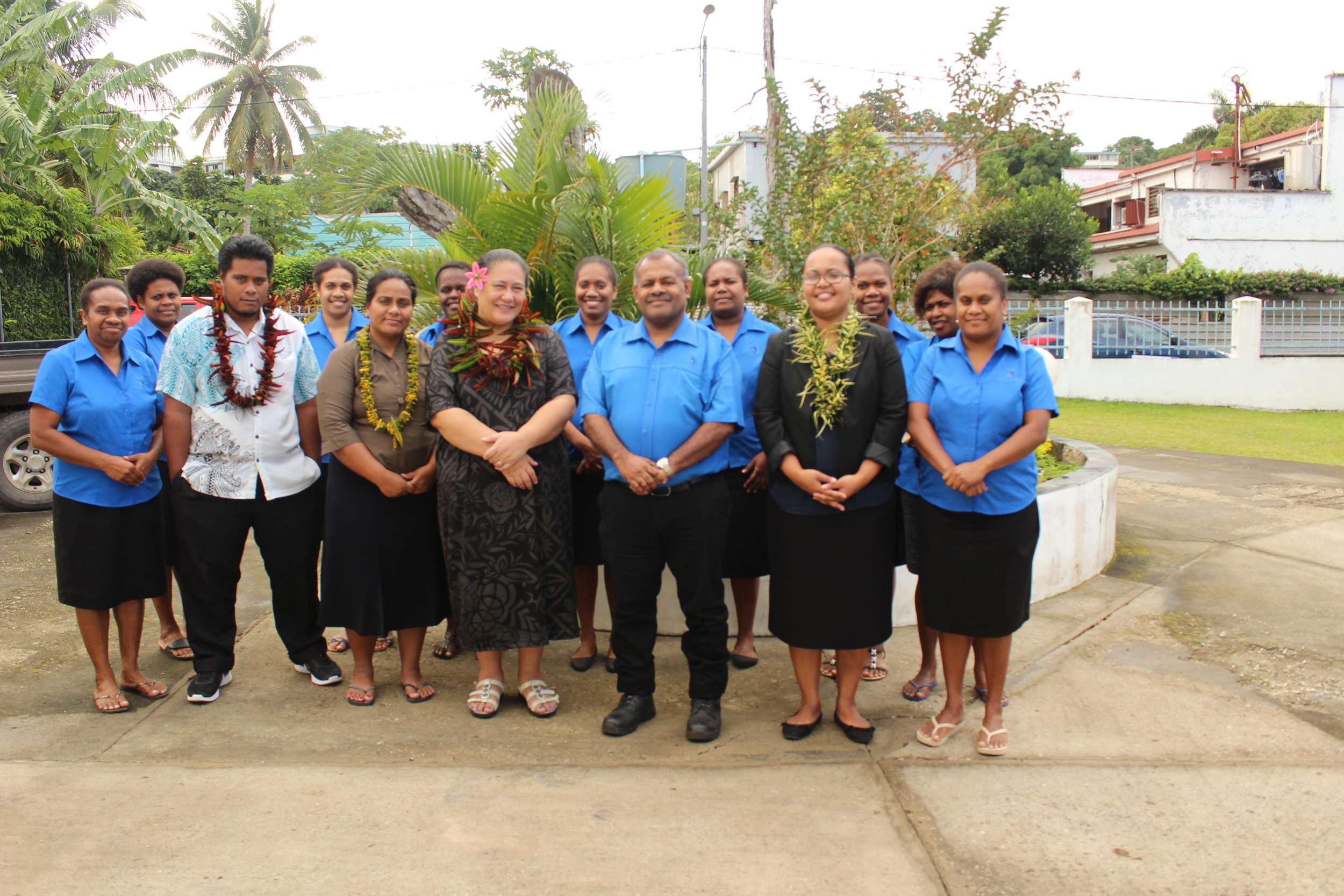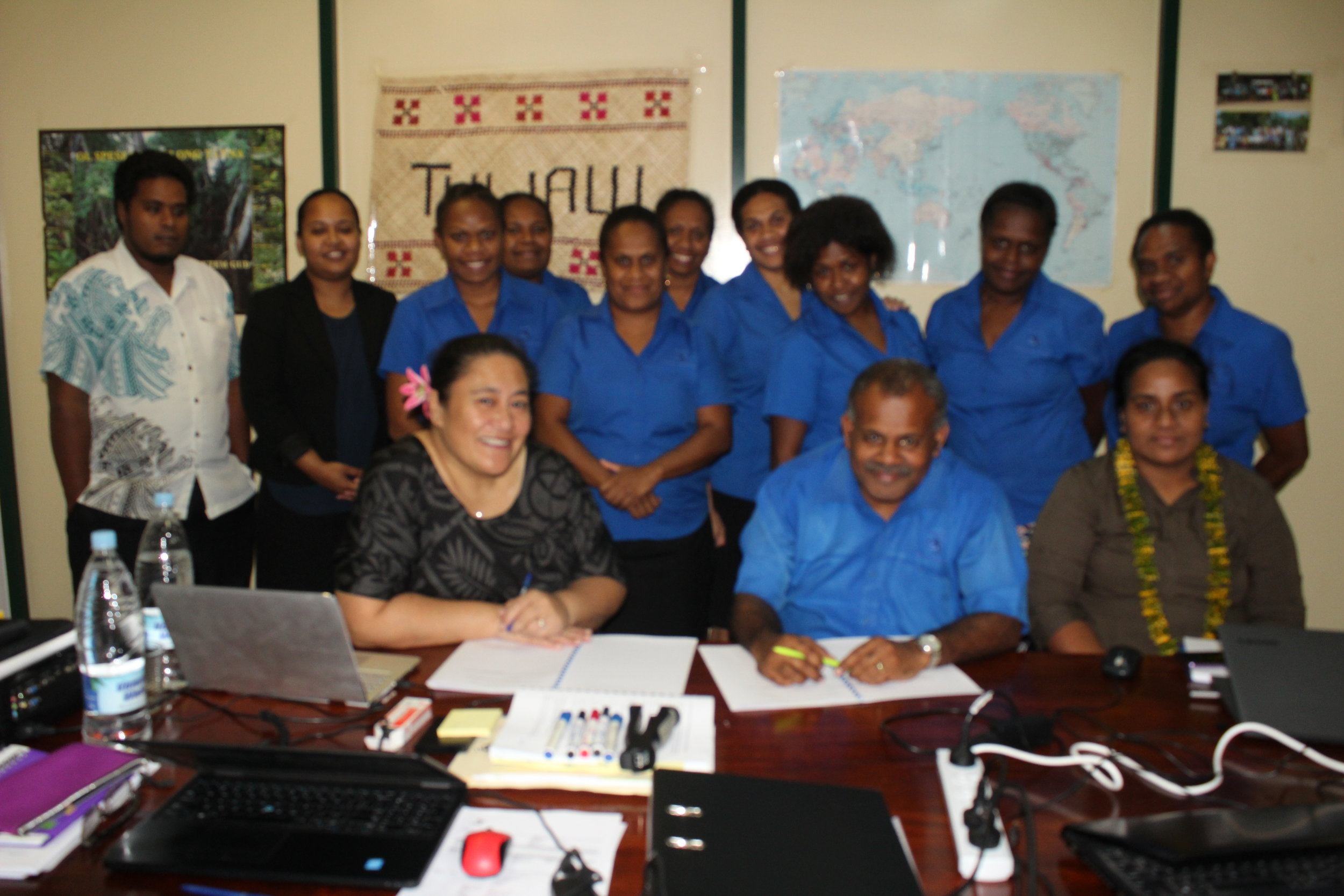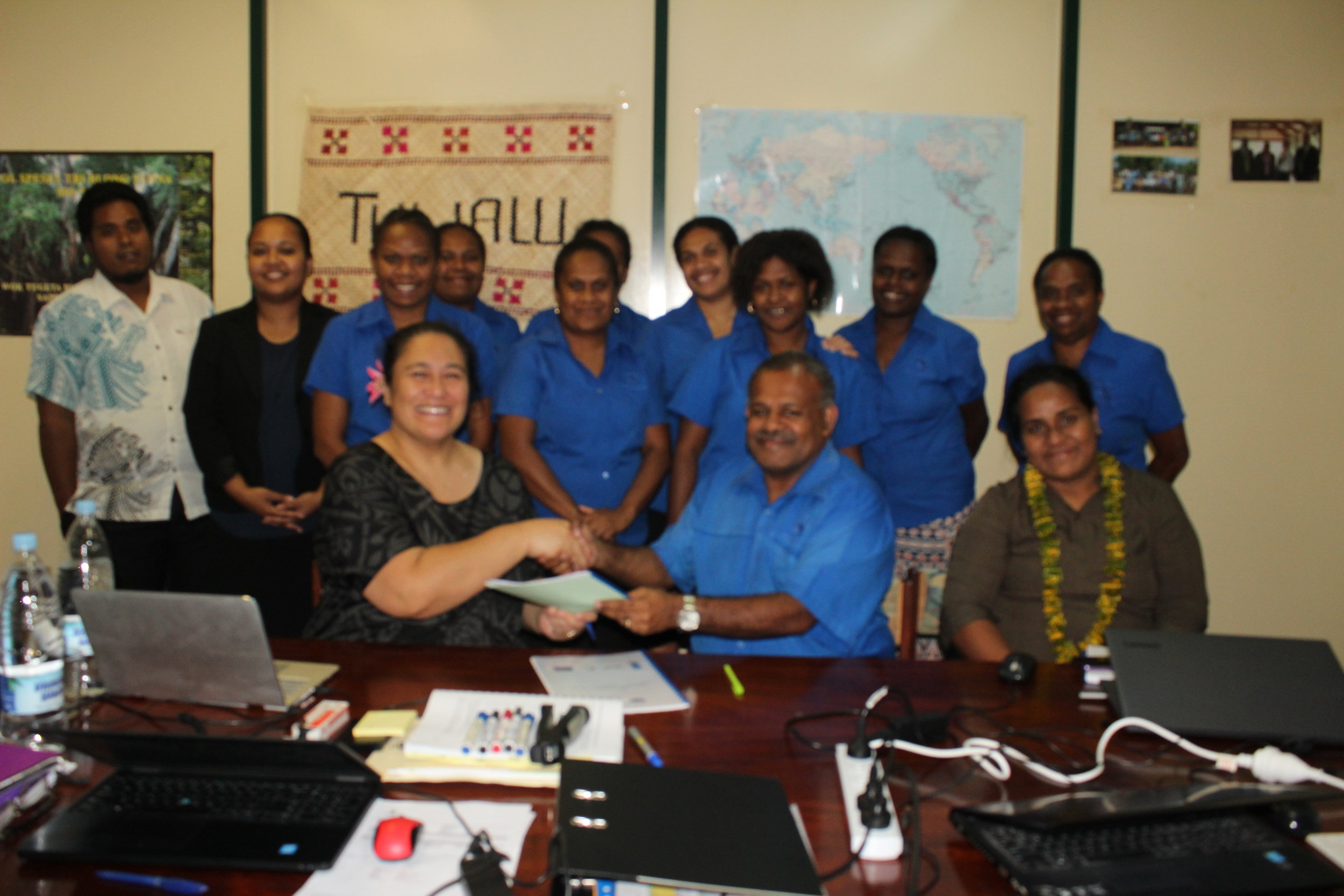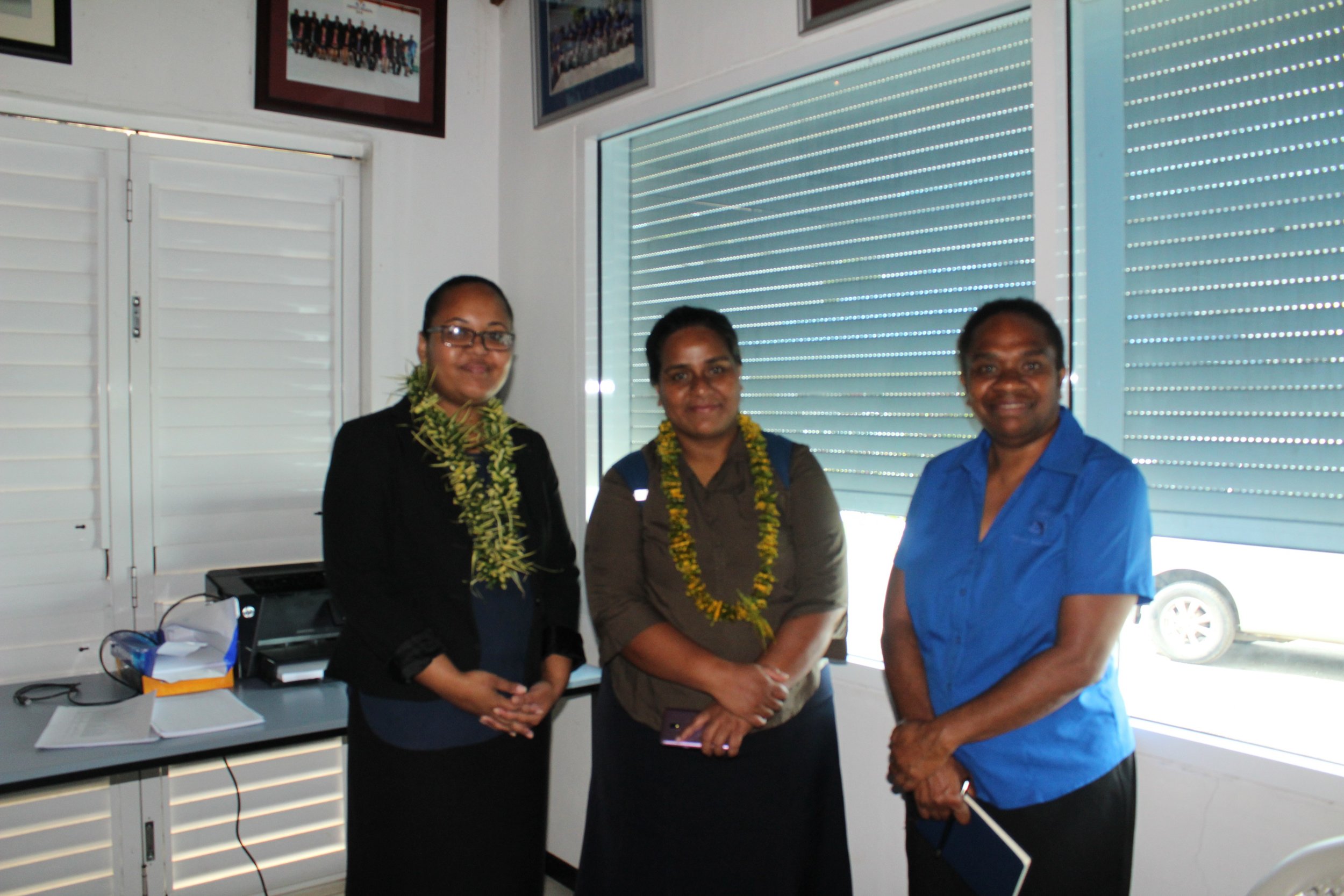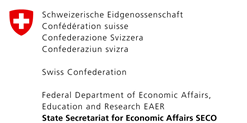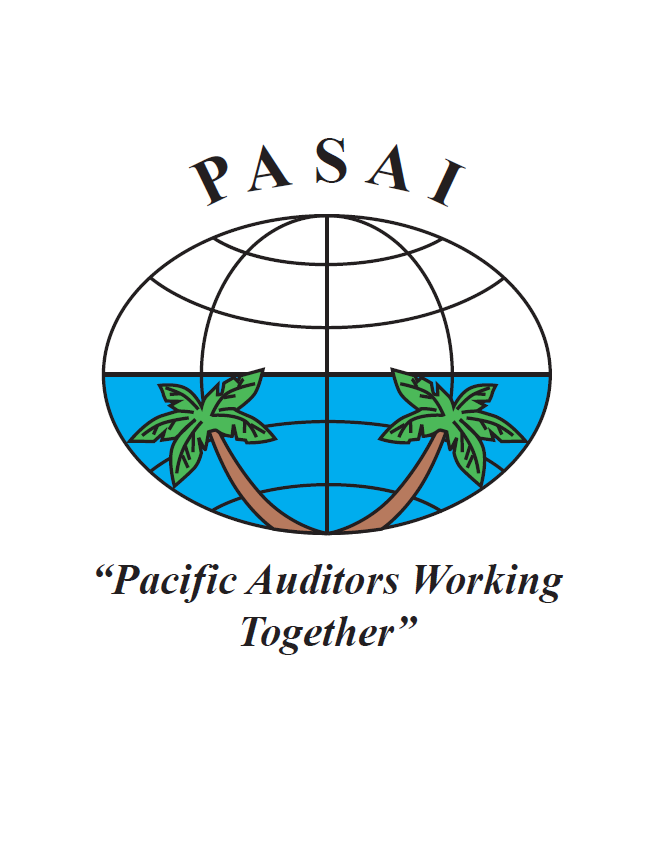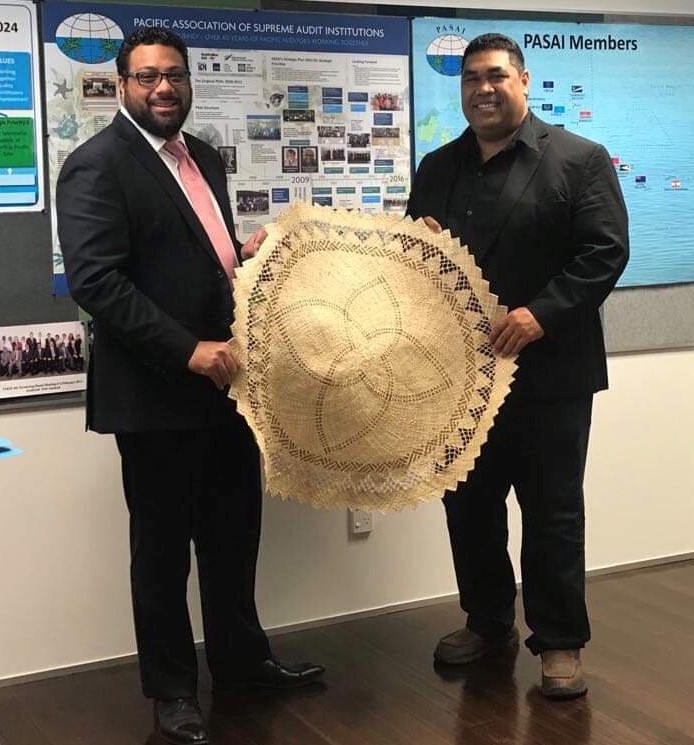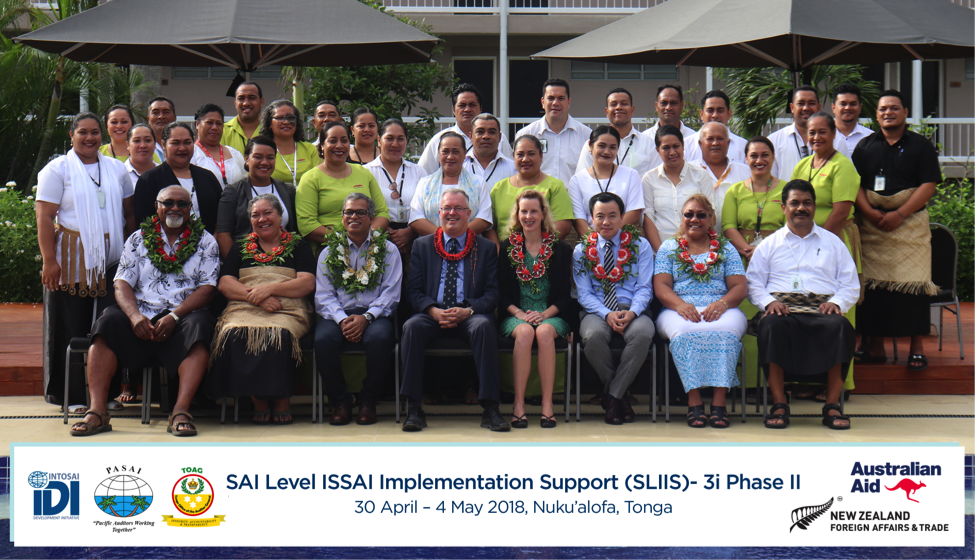PRESS RELEASE
SAI Fiji gathers performance feedback through the SAI PMF assessment
Nadi, Fiji – (19 July 2019) A performance assessment of the Republic of Fiji’s Supreme Audit Institution (SAI) has been purposefully conducted to provide objective baseline information on the SAI’s performance, which is built around six core organisational areas.
This was the second SAI PMF assessment in the Pacific Association of Supreme Audit Institution (PASAI) region following the successful SAI Performance Measurement Framework (PMF) planning workshop that was also held in Fiji.
The workshop had prepared expert teams of assessors made up of a cohort of staff from the PASAI Secretariat, which includes consultants and auditors from SAIs around the region. SAI PMF is a multi-purpose, universal framework, and can be applied in all types of SAIs regardless of governance structure, mandate, national context and development level.
Fiji’s assessment was made possible through the Strengthening of Public Finance Management and Governance in the Pacific Project, funded by the European Union (EU) and implemented by the United Nations Development Programme (UNDP). PASAI is a responsible party to the project and delivers the SAI component and contributes to the strengthening of the budget oversight capacities of PAC from the perspectives of SAIs).
The assessment team updated Fiji’s Auditor-General, Ajay Nand, with the progress of the assessment mid-way through the process and will present a summary of preliminary key findings to the AG as the assessment ends. The Office of the Auditor General emphasised how helpful this exercise has been in setting benchmarks for their work.
“This assessment will be very useful for Fiji SAI to understand where we can improve and also highlight where the office is performing well,” said Nand.
“In particular, this will help me implement the audit mandate more effectively and make a difference to the lives of Fiji citizens and residents. We have also committed to submit the final report on the findings of assessment to Parliament for transparency.”
The review team, comprised of the PASAI Performance Audit Consultant Claire Kelly, PASAI Director of Practice Development, Sinaroseta Palamo-Iosefo and SAI Tonga Assistant Auditor General, Kelepi Makakaufaki, established the Terms of Reference with Fiji’s OAG to guide the assessment.
The assessment, which was carried out in July, included interviews with members of the Executive Management, a questionnaire on SAI management practices to all non-management staff members and a series of evidence-based enquiries and documentary reviews that span the two-week assessment process.
As the manager of the SAI PMF initiative across the PASAI region, Sina Palamo-Iosefo said, “The SAI PMF assessments provide excellent baseline information for PASAI to determine appropriate interventions for our members.” She added, “It also enables us to monitor the progress of SAI performance over time and continue to identify and provide appropriate support to SAIs where needed. SAI Fiji’s commitment to the process and openness in sharing information with the assessment team in order to do this has been exemplary.”
PASAI extends its gratitude to the EU and UNDP for their support through the ‘Strengthening PFM’ project, and to development partners MFAT and DFAT for their ongoing support and contributions to PASAI’s core funding.
------END------
More information:
Strengthening of Public Finance Management and Governance in the Pacific Project aims to strengthen oversight over public financial management in the Pacific region, through improving the budgetary scrutiny, public financial oversight and accountability capacities of parliaments, supreme audit institutions and civil society within the region, aligning with international public financial oversight and accountability standards, and fostering citizen engagement and oversight. The Strengthening of Public Finance Management and Governance in the Pacific Project is funded by the European Union (EU) and implemented by the United Nations Development Programme (UNDP) in partnership with the Pacific Association of Supreme Audit Institutions (PASAI).
Contact information:
1. Jill Marshall, Communications Advisor, PASAI (Auckland, NZ) E: jill.marshall@pasai.org, P:+64 9 304 1893
2. Jone Tuiipelehaki Raqauqau, Effective Governance – Communications Associate, UNDP Pacific Office in Fiji. E: jone.raqauqau@undp.org, P: 3227 552










